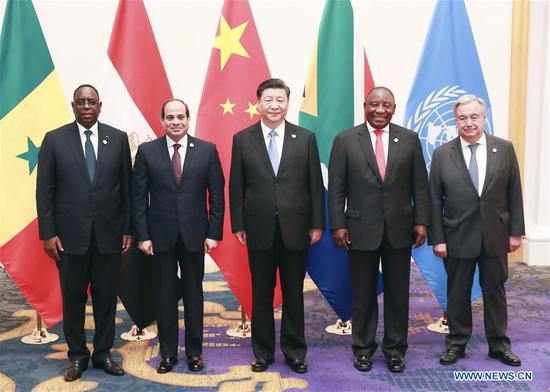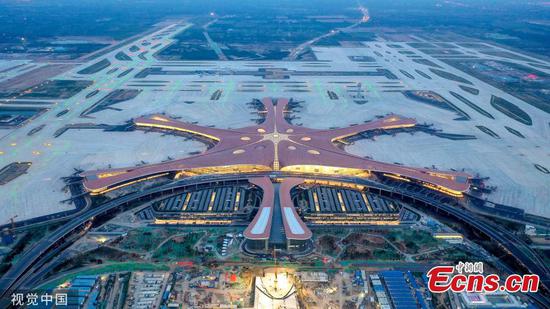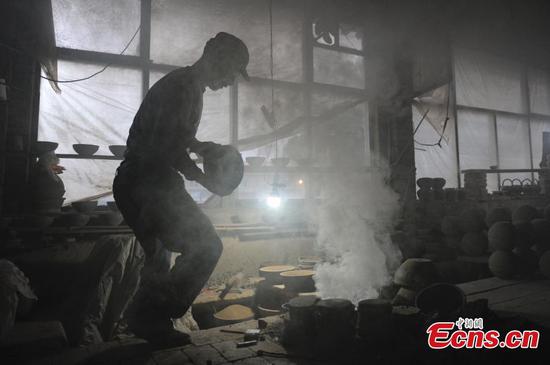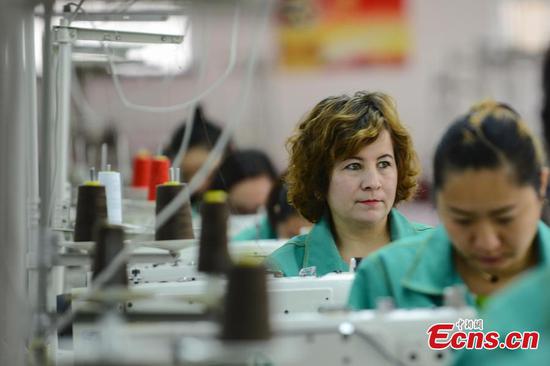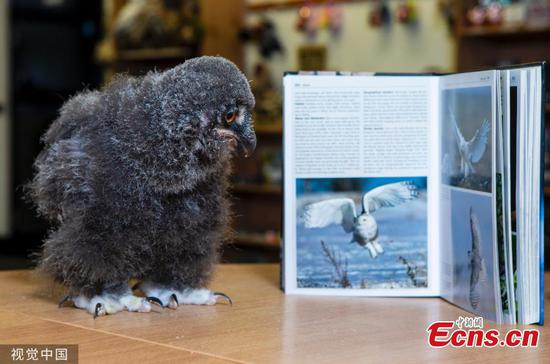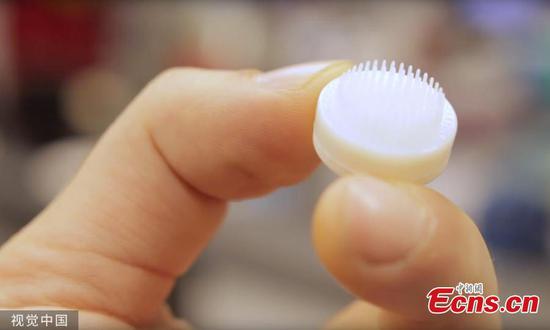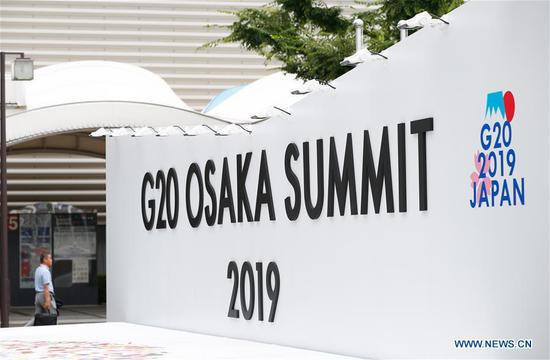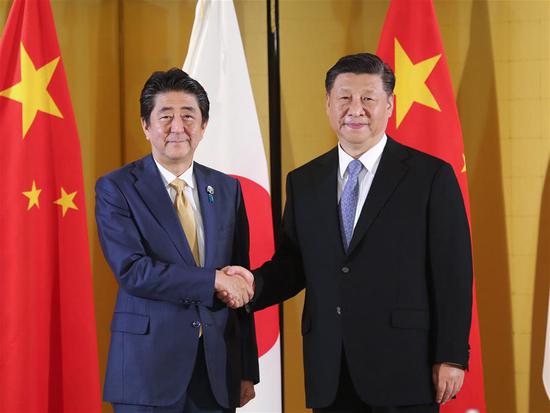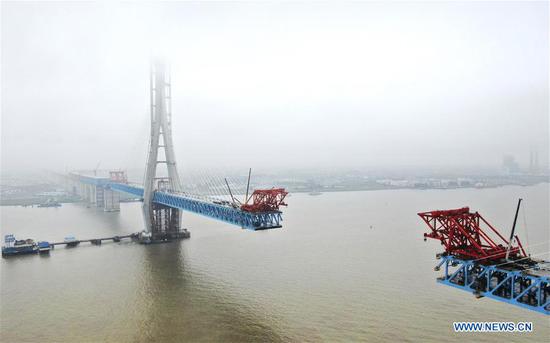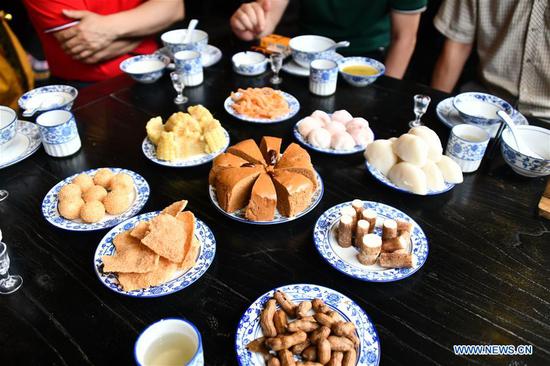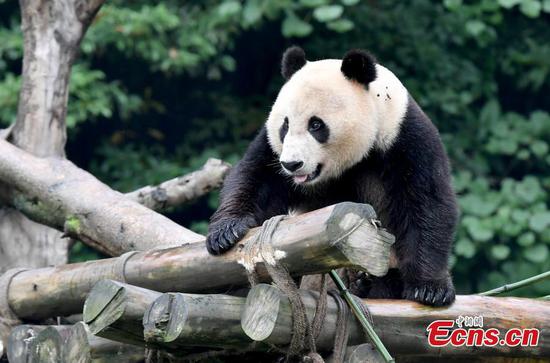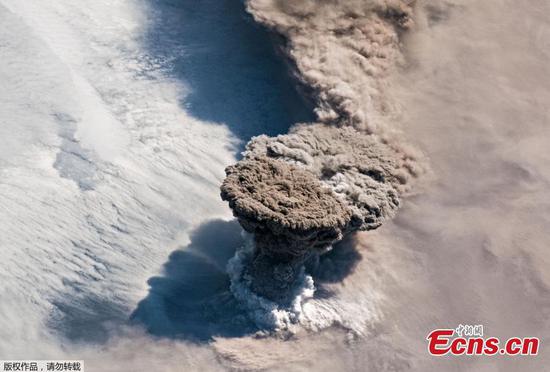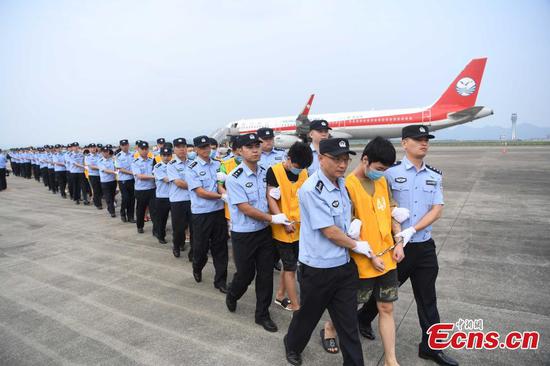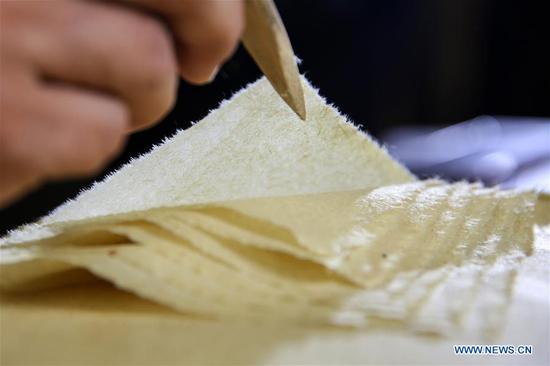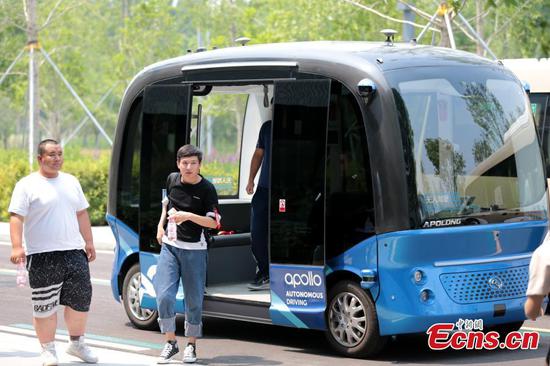Albert Ziegler GmbH&Co (Ziegler), a German fire truck manufacturer, celebrated its 128th birthday on June 17. Only a few years back, the cash-strapped company was on the verge of bankruptcy due to poor management, until it was sold to a Chinese company -- China International Marine Containers (Group) Ltd (CIMC.)
Headquartered in Shenzhen, the Chinese commercial vehicle and logistics group CIMC took over Ziegler in 2013. Back then, about 85 percent of Ziegler's products were merely sold in Germany, but now more than half of its customers are from countries and regions outside Germany thanks to CIMC's global business network that covers over 100 countries and regions.
"We turned losses into gains within three years. Now the company has maintained a good profit, and the number of Ziegler's employees rose by more than 20 percent," said Li Yinhui, vice president of CIMC. "For CIMC, purchasing Ziegler also helped us tap into the overseas market with 'Made-in-China' high-end fire engines."
The case of Ziegler is just a small representation of how international businesses benefit from an open market and cooperation. As China and the rest of the world are increasingly connected, so are companies in the high-end manufacturing industry.
Data from the Ministry of Industry and Information Technology showed as of May last year, 22 out of the 31 main categories of the manufacturing industry in China have completely opened to foreign investment.
Blue Whale 1, the world's most advanced ultra-deepwater and semi-submersible drilling platform, succeeded in collecting gas from combustible ice beneath the surface of the South China Sea in 2017. It also set two records for operating continuously for 60 days and collecting 300,000 cubic meters of gas.
Though China-built, Blue Whale 1 is actually an outcome of contributions made by parts and service providers from over 1,300 companies from China, Norway, France, Italy, Singapore and the United States, among other countries, according to Wang Jianzhong, president of CIMC Raffles, a subsidiary of CIMC.
"For instance, the DP3 positioning system, close ring and drilling facilities were provided by companies in Norway, the helicopter deck came from Singapore while the winch was made in France," said Wang. "A miracle like Blue Whale 1 can only be made through openness and collaboration."
An open market and technological cooperation have led Chinese manufacturers to step onto the global stage, and the companies, too, have created job opportunities and provided diversified products and better services in overseas markets.
At the recently-concluded Drone World Conference in Shenzhen, more than 1,000 of drones made their debuts, and almost all of them, from source codes and chips to batteries and carbon fiber shells, were products of international collaborations. These collaborations and joining of hands are only set to accelerate.
Flying-Cam, a Belgian company specializing in design and manufacturing of an unmanned helicopter, have introduced Chinese investment and will launch production lines in China, while an unmanned surveying drone from a Chinese company in Hebei Province has recently entered the Belarusian market.
In February this year, Airbus inaugurated the office of its innovation center in Shenzhen, the aerospace giant's first innovation center in Asia and second worldwide.
By partnering with local innovation, Airbus China Innovation Centre (ACIC) will focus on designing, testing and certifying new technologies related to five key areas: the hardware lab, cabin experience, connectivity, manufacturing innovation and urban air mobility (UAM).
Airbus CEO Tom Enders said that ACIC is expected to help Shenzhen explore a new high-tech industrial chain, create more job opportunities locally and in the meantime, Airbus can also learn from their Chinese partners. "Shenzhen is famous for its speed, which is certainly good for our company. We need to be more open to innovation at a faster speed."
"The structure of an open market has been in shape in our manufacturing industry, and the opening continues to deepen," said Miao Wei, head of the Ministry of Industry and Information Technology. "Mutual benefit, opening-up and collaboration have been and will always be the fundamental principles in the development of the Chinese manufacturing industry."











